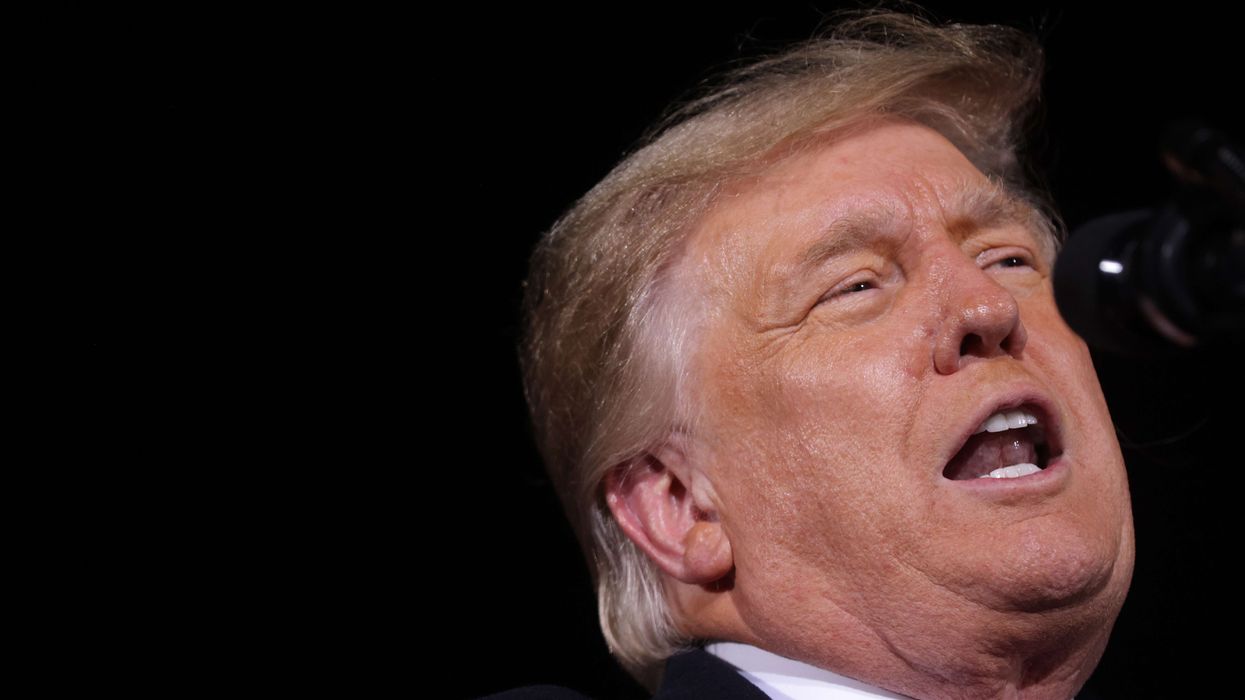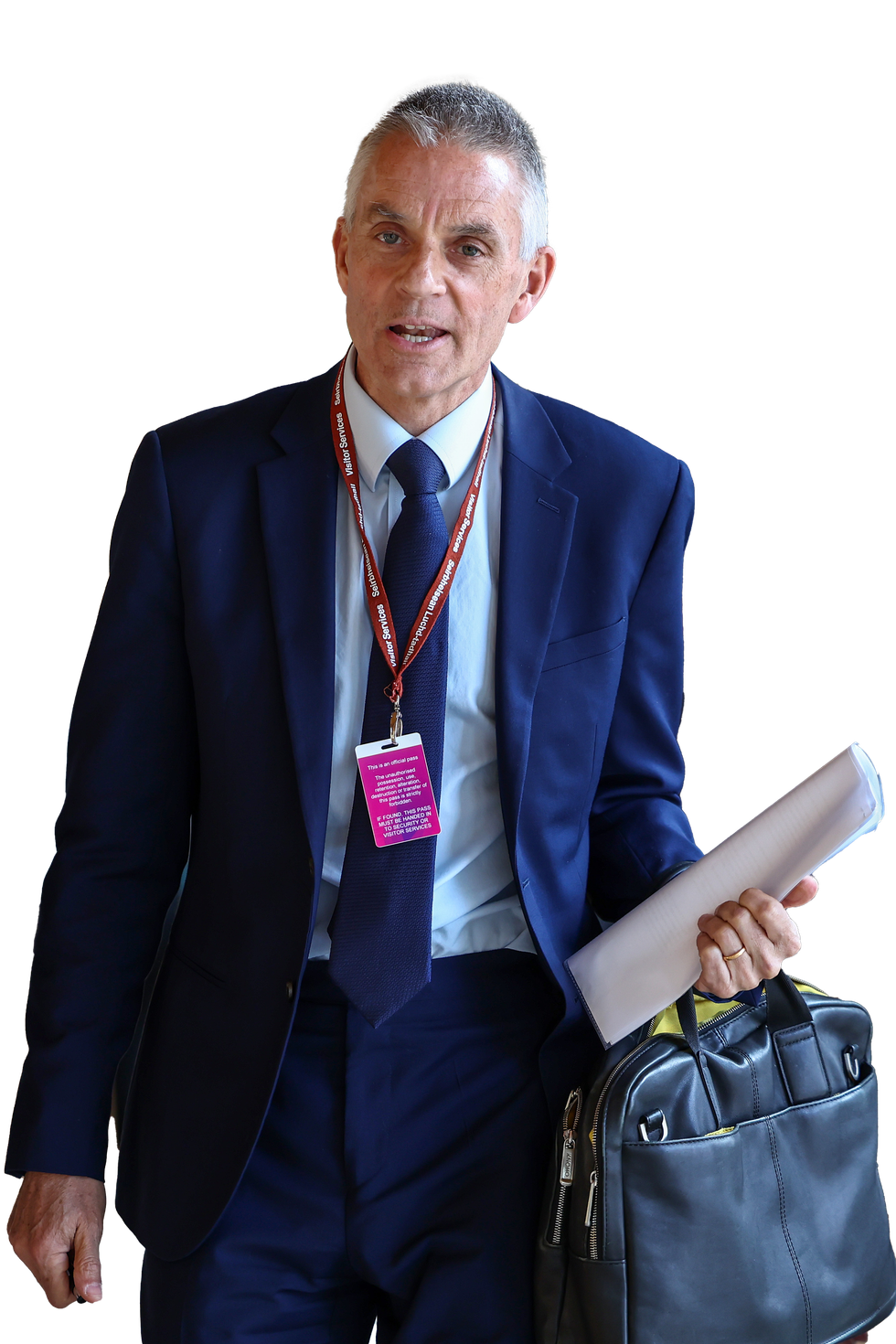THE Daily Telegraph columnist Allison Pearson struck a dissenting note about the much-praised BBC drama Bodyguard, which she said “wasn’t much cop.”
“And that wasn’t just because the police in the show had been cast with diversity, rather than talent or charisma, in mind,” she added.
Although she didn’t spell this out, diversity and talent are not necessarily in conflict. I have already said that Ash Tandon, who played DCI Deepak Sharma, was one of the best things
about Bodyguard.
There was, if anything, even more diversity in the casting of the new series of Dr Who, which introduced Jodie Whittaker as the first female Dr Who in 55 years. It is easy to see why 36-year-old Whittaker is considered one of the finest actresses in Britain. After watching the first episode, The Woman Who Fell to Earth, last Sunday (7), one has to ask: “Is she is the best ever Dr Who?”
Dr Who had diversity from the beginning. My initial reaction was to send a message to Waris Hussein, who was a 24-year-old BBC recruit fresh out of Cambridge when he was asked to direct the fledgling BBC science fiction project in 1963, because experienced directors would not touch what they were convinced was a doomed programme.
He basically rescued the idea. Waris directed the first seven episodes of what turned out to be the BBC’s most successful and profitable franchise, followed over the decades by millions across the globe.
Waris, who will turn 80 on December 9, responded: “I am in LA till Nov 1. Will catch up on the new Doctor when I get back.”
The cast includes the three people who become Dr Who’s new assistants. They include Indian-origin actress Mandip Gill, who plays Yaz (short for Yasmin Khan), a trainee
policewoman; and a black actor, Tohsin Cole, who is cast as 19-yearold Ryan Sinclair, a youth with coordination problems.
There is also Ryan’s white stepgrandfather, Graham O’Brien, played by Bradley Walsh. In remission from cancer, he has married Ryan’s black grandmother, Grace, played by Sharon D Clarke, who had been his chemotherapy nurse. Nor does the diversity end there.
The body count in the first episode is five. Among them is Rahul, played by Indian-origin actor Amit Shah, whose sister, we learn, has been kidnapped by aliens.
The first we glimpsed Whittaker was in a Christmas special in December last year when the 12th Doctor (Peter Capaldi) burst into flames and was reincarnated, Hindu style, as the 13th.
Whittaker, who speaks with the accent of her native Huddersfield, is baffled when Yaz calls her “Madam”.
“Why are you calling me madam?” she asks.
“Because you are a woman,” Yaz replies.
“Am I?” says the Doctor. “Does it suit me?”
If this is a nod to modern concepts of gender fluidity, then that, too, is a kind of diversity.





 And , Tim Davie
And , Tim Davie






